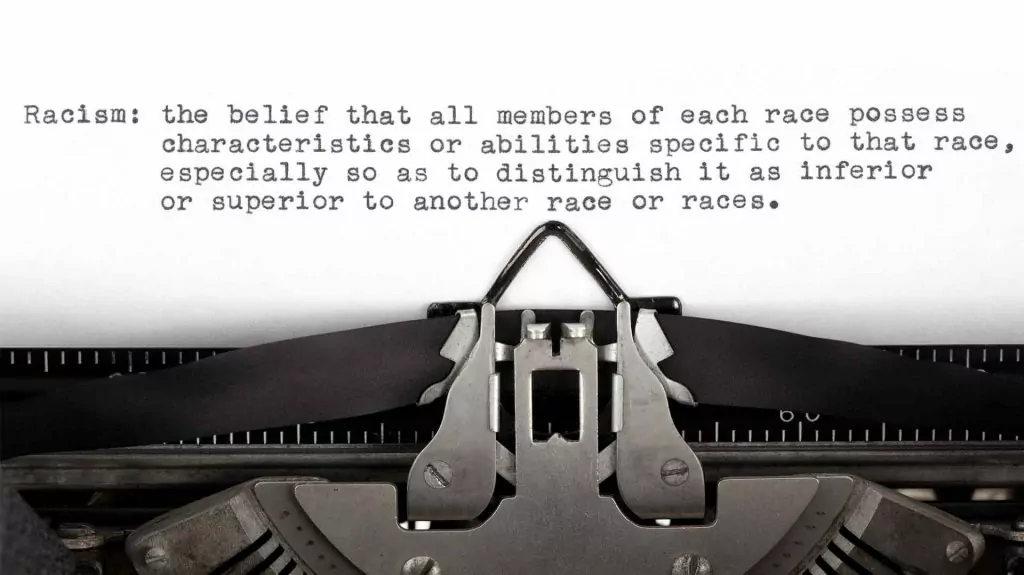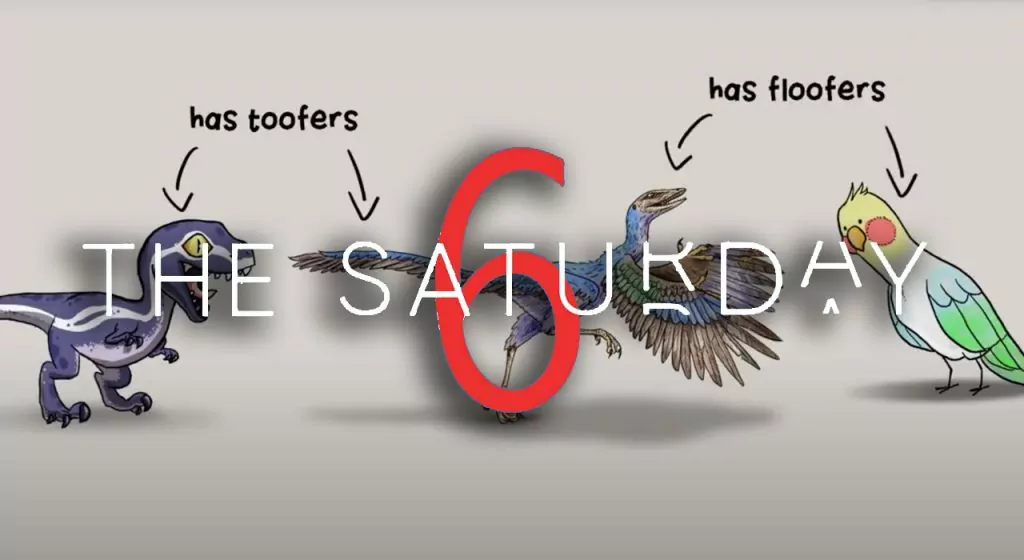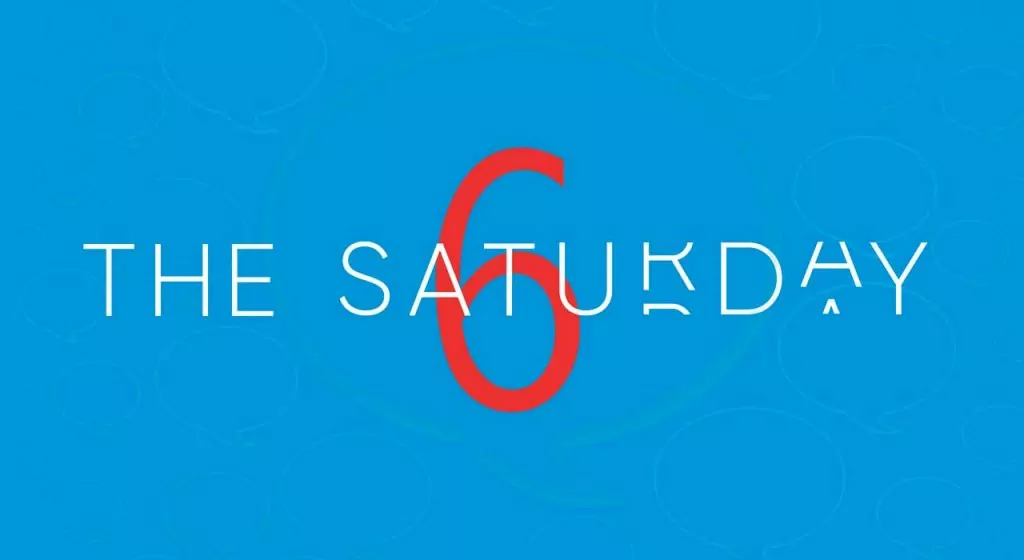Calvinism in the time of coronavirus
When I was about nine or ten, at the height of worldwide panic about AIDS, I stumbled across a newspaper article that outlined the symptoms of the dreaded disease. I can still recall reading, to my horror, that one of the telltale signs was “thick, white matting on the tongue.” You see, I had a few small but obvious patches of white matter on my tongue. And my ten-year-old self became utterly convinced: I had AIDS. The fact that I was in the world’s lowest-risk category didn’t matter, nor did the fact that I was asthmatic and regularly took large doses of medication that left white deposits on my tongue. For at least a week, I was convinced that my end had come.
In my early 20s, it was a brain tumor. After all, I had a few really bad headaches on the way to university one week; what else could it be?!
As I’ve gotten older, I’ve become slightly more sanguine, but I’m still highly susceptible to fear setting in. Honestly, I feel like I’m tempting fate (even though I totally don’t believe in “tempting fate”) by even writing this piece.
I am a card-carrying hypochondriac.
So you can imagine how the last few weeks have made me feel. I’ve had to dig in and battle hard to not give in to the paralyzing fear of the coronavirus that’s been sweeping the globe.
How have I fought this battle? I’ve armed my household with facts, vitamins, soap, and statistics (but no, not with extra toilet paper as yet – I live in New Zealand, not Australia). I’ve chewed off my wife’s ear about how the media is blowing it out of proportion, mostly preaching to myself in the process. But underneath all those strategies, I’ve fallen back on one simple, underlying reality: God is completely sovereign.
I’ve always found it slightly surprising that Christians find the notion that God is completely sovereign (sometimes called “Calvinism,” after theologian John Calvin) to be so controversial or complex. Maybe it’s the way Calvinism was initially taught to me when I was a young Christian. It was totally plausible, and just seemed the obvious, inevitable conclusion that anyone should reach from studying the Scriptures: God is completely in charge of everything, and nothing takes him by surprise.
Don’t get me wrong: I’m not belittling anyone who finds it hard to grapple with the many thorny issues that this topic raises. Far from it. A high view of God’s sovereignty doesn’t numb the pain of real-life or provide cheap, easy answers. We should all sympathize with the Psalmists who bring their laments to God and cry out, “How Long, O Lord?”
But the basic concept itself has (thanks be to God) always just seemed obvious to me. Can I really conceive of the God who spoke the universe into existence now sitting fretfully on the edge of his throne, desperately hoping that everything will pan out? Can I picture the God who raised Jesus from the dead muttering, “That wasn’t supposed to happen! Oh well, I guess I’ll try again tomorrow”?
But more than that, I’ve also struggled to understand why some people see this as an obscure, irrelevant question – a topic for the “ivory tower – rather than as a real-life game-changer. As I was once told, there is nothing as practical as good theology. The sovereignty of God has been an enormous comfort to me again and again and again in my life.
So while we may be tempted to think that the panic-inducing Covid-19 is no time to get all theological, nothing could be further from the truth. It’s moments like these where we need the deep realities about God to sustain us. If, like me, you’re even slightly given to extra nervousness at a time like this, it might be worth stepping back and planting your flag on some simple yet marvelous truths about our great, sovereign God.
Remember, there is no such thing as "luck" – even moments that seem totally random are controlled by God (Proverbs 16:33).
Remember, not even a tiny, insignificant sparrow falls to the ground without God’s say-so – and you are worth more than many sparrows (Matt 10:29-31).
Remember, God shapes the decisions and the fate of the world’s most powerful people (Proverbs 21:1).
Remember, whether or not your plans for tomorrow come to fruition depends far more on God than on you (James 4:13-15).
Remember, God can do all things (that’s a lot of things) and no purpose of his can be thwarted (Job 42:2).
Remember, God works all things (which, again, really is a lot of things) according to the counsel of his will (Ephesians 1:11).
Remember, God is able to do far more abundantly than all that we ask him to do and all we think He can do (Ephesians 3:20).
Next time you get sick, remember that God never faints or grows weary, not even for a second (Isaiah 40:28).
Remember, God never sleeps or slumbers; He never takes a day off (Psalm 121:3-4).
Remember, even the very faith that you place in Jesus is a gift from God (Ephesians 2:8-9), and God is in charge of the fruitful spread of the gospel (Mark 4:14-25).
Remember, God forms the light and creates the darkness; He makes well-being and He creates calamity (Isaiah 45:7). And even if some things – including coronavirus – remain a mystery to us, we can trust that He’s using his sovereign power for our ultimate good. For He didn’t even withhold his own Son from us; we shouldn’t doubt that He’ll also give us the other good things we need. (Romans 5:6-8; Romans 8:32)
Remember, the days God formed for you were written in his book before you lived even one of them (Psalm 139:16).
When the whole world is in a panic, when people are inexplicably hoarding in a desperate attempt to calm their fears, when our neighbors fear that the sky is falling, it’s easy to join them and give in to anxiety. But it’s unnecessary. And it’s wrong. One of the best ways for Christians to love one another, love our neighbors and honor the Lord during this time is simply to
“be strong and courageous. Do not be frightened, and do not be dismayed, for the Lord your God is with you wherever you go.” (Joshua 1:8-9)
That promise was to Joshua, but we have even more reason than Joshua to be sure that those words apply to us. We have the gospel of Jesus. We have a Savior who has promised to be with us, even to the end of the age (Matthew 28:20). We have a loving God who is not far away, but who is near to all who call on him, and who is mighty to save.
Knowing all this, we are invited to entrust ourselves to God:
Do not be anxious about anything, but in everything by prayer and supplication with thanksgiving let your requests be made known to God. And the peace of God, which surpasses all understanding, will guard your hearts and your minds in Christ Jesus. (Philippians 4:6-7)
Trust the sovereign Lord of the ages who is working out his plans and purposes for the world, and for you, moment by moment, even (especially) when things are scary or unknown. Tell your children that God can be trusted more than hand-sanitizer. Boldly bear witness to a frightened world – a world that’s having the deceptive veil of safety and security pulled back before its very eyes – that there is a genuine, lasting source of security and peace.
Take your stand on the Bible’s great truths about our sovereign God, now and forever.
And try not to touch your face.
This article first appeared at GeoffRobson.com and it is reprinted here with permission....






















